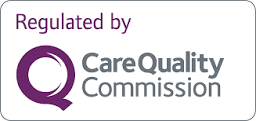4.9
133 Google Reviews
It is also a good idea to get your hearing aid cleaned and checked before you travel just for peace of mind. If you are thinking of travelling abroad and have any concerns about the safety of your hearing aids during this period, please don’t hesitate to give our friendly team a call!

Pindrop Hearing Limited is registered in England and Wales No 05909296 Trading address 41 Harley Street, London, W1G8QH. Pindrop Hearing Limited acts as a credit broker and only offers credit products from Tabeo.
Pindrop Hearing Limited is authorised and regulated by the Financial Conduct Authority. Our registered number is 796909. Credit subject to age and status.
© Pindrop Hearing 2024